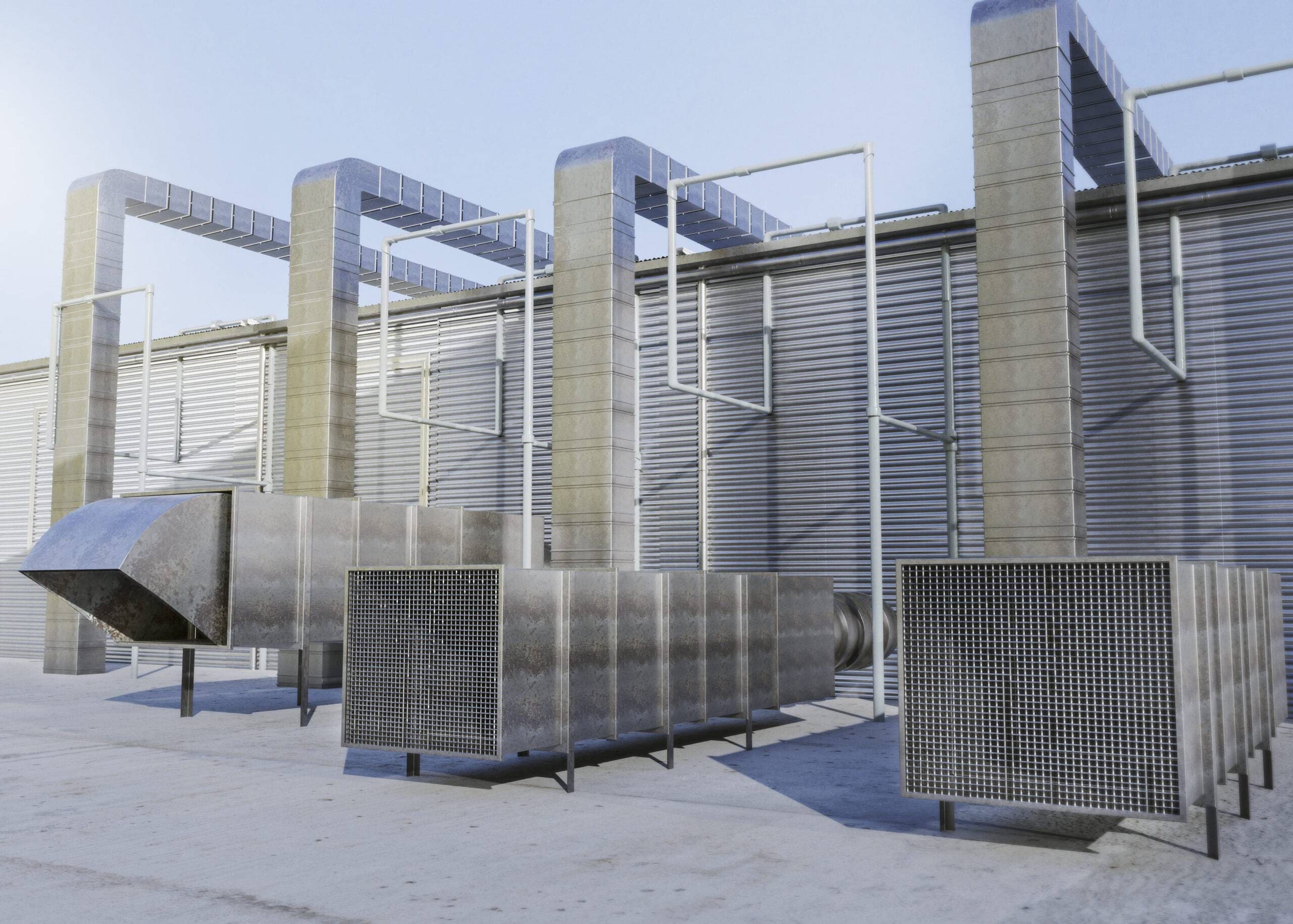Top Causes of Commercial HVAC Failures and How to Prevent Them
Your commercial HVAC system keeps employees comfortable, protects sensitive equipment, and ensures a welcoming environment for customers. But when it falters, productivity can plummet, costs can soar, and your reputation can suffer. Understanding the common culprits behind commercial HVAC failures is the first step in preventing them.
Here are some of the top causes of commercial HVAC system breakdowns and, how to mitigate these risks:
1. Lack of Regular Maintenance: The Silent Killer
This is the leading cause of premature HVAC failure in commercial settings. Just like a car needs regular oil changes and tune-ups, your complex commercial system requires consistent attention. Neglecting maintenance leads to:
- Dirty Filters: Restricts airflow, lowers efficiency, raises energy bills, risks overheating/failure.
- Dirty Coils: Insulates, blocks heat transfer, reduces cooling/heating, strains compressor.
- Lubrication Issues: Causes friction, overheating, potential seizure of fans/motors.
- Loose Electrical Connections: Leads to shorts, power failures, component damage.
- Refrigerant Leaks: Lowers cooling, overworks compressor, can cause costly burnout.
Prevention: Establish a thorough preventative maintenance program that includes scheduled HVAC professional inspections and servicing. This program should include regular filter changes, coil cleaning, lubrication of moving parts, tightening of electrical connections, refrigerant level checks, and overall system inspections.
2. Ignoring Warning Signs: Small Problems Become Big Ones
Often, HVAC systems provide subtle hints that something is amiss before a complete breakdown occurs. Ignoring these warning signs can allow minor issues to escalate into major, expensive failures. Common warning signs include:
- Unusual Noises: Grinding, squealing, banging, or hissing signal mechanical trouble.
- Inconsistent Temperatures: Hot/cold spots point to airflow or efficiency problems.
- Spiking Energy Bills: Sudden increases without usage changes suggest a struggling system.
- Strange Odors: Musty (mold), burning (electrical), or chemical (refrigerant leak) smells are red flags.
- Frequent Cycling: On/off too often indicates inefficiency or component issues.
Prevention: Educate your staff to recognize these warning signs and establish a clear process for reporting them promptly to your facilities management or a trusted HVAC service provider. Addressing minor issues early can prevent costly breakdowns down the line.
3. Improper Installation: Setting the Stage for Failure
Issues are inevitable with a poorly installed HVAC system. Reduced efficiency, greater component strain, and early failure might result from poor wiring, inadequate insulation, improper ducting, or incorrect sizing.
Prevention: Choose a reputable and experienced commercial HVAC contractor with a proven track record for proper installation. Ensure they perform load calculations to size the system correctly for your building’s needs and follow all manufacturer specifications and industry best practices.
4. Thermostat Issues: The Brain Malfunctions
Your HVAC system’s control center is the thermostat. Inconsistent temperatures, excessive cycling, and needless strain on the unit might result from a malfunctioning or incorrectly calibrated thermostat.
Prevention: Regularly check and calibrate your thermostats. Consider upgrading to smart thermostats that offer more precise control and energy-saving features. Ensure thermostats are located in areas away from direct sunlight or drafts that could affect their readings.
5. External Factors and Environmental Issues:
External elements can also contribute to HVAC failures:
- Debris Buildup: Leaves, branches, and other debris can obstruct airflow to outdoor units.
- Corrosion: Exposure to harsh weather conditions or pollutants can cause corrosion of system components.
- Lack of Ventilation: Poor ventilation around outdoor units can lead to overheating.
Prevention: Regularly inspect and clear the area around your outdoor HVAC units. Consider protective covers during extreme weather. Ensure adequate ventilation around the equipment.
Investing in preventative measures strengthens your business commercial HVAC system‘s durability and effectiveness. By understanding common failure points and implementing proactive maintenance and best practices, you can minimize downtime, reduce energy costs, and ensure a consistently comfortable and productive workspace for years.

